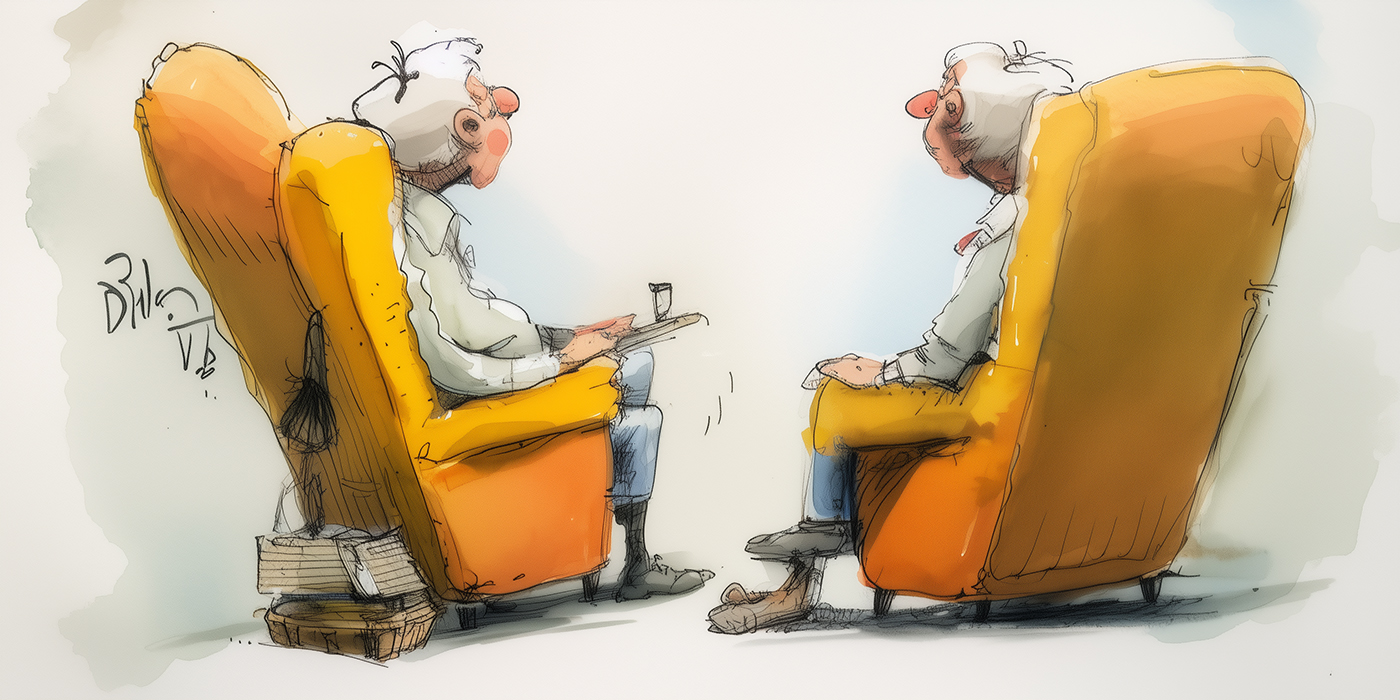
Newcomer meetings—I love them! Newcomers remind me every time how deep I was in my active addiction myself, and I need such a reminder. But more important than that, at a first meeting, I can show that recovery is possible and I have an opportunity to be of service.
How do we do that in our group? Well, before the newcomer comes to his very first meeting, he has already talked with the group’s contact person. That means that the intergroup’s phone or email responder has given the newcomer the phone number of the local group’s contact person. With that contact person the first contact is made and the first questions asked if he has any. My impression is that this is very helpful for the newcomer, because almost always when they enter their first meeting they say “Hey, I called you this week! Cool!” That immediately creates a warm welcome, a sense of home. We also suggest the newcomer to come to their first meeting a little early, not to have an “intake talk” like some countries do, but just so that some of us can already accommodate them, to put them at ease. That way the newcomer can start the meeting peacefully.
The above is how we do it with new men (which is 95% of newcomers). When a woman contacts SA Belgium, the contact person of the IG gives my phone number to that woman. At the moment, I am the only woman in SA Belgium and a member of the Belgian Support For Women Committee, and we hope that calling a woman lowers the threshold for the newcomer. With me, if she wishes, she can share or ask questions more explicitly than she could otherwise. I give her the address of the nearest meeting and then try to attend there myself. Meanwhile, she has my phone number and thus a female contact in SA.
During the meeting, we read “To the Newcomer” (SA 1) and “Twenty Questions” (SA 8). After this, everyone shares his or her story. The newcomer is recommended to look at the similarities and not the differences. After everyone has shared, the newcomer may also share, but only if he/she is comfortable with it.
After the meeting, as it is in our standard format, we ask who among those present is available as a temporary sponsor and tell the newcomer that he may approach these people after the meeting. If the newcomer is a woman, I make myself available as a temporary sponsor. Even if I don’t have time for it at that time, I think it is important to put the newcomer in touch with female fellows worldwide and possibly guide her to women-only meetings, if desired.
We also circulate the “Just For Today” card during the meeting on which we have provided space for phone numbers. Members write down their phone numbers for the newcomer. The newcomer is encouraged to call the people on the list as soon as possible. Personally, I never put my phone number on the card if it is a male newcomer, and if it is a female newcomer, the men do not put their numbers on the card either.
After the meeting there are always some fellows who have a chat with the newcomer. I myself find that very important to do. Not only to answer the newcomer’s extra questions, but at the same time to show them how SA recovery is more than just meetings. It is also about fellowship, making connections with each other and counting on each other, as a family.
Not all newcomers come back; in fact, most don’t. But those who want to come back, those who want to follow our sobriety definition, now have the tools to do so and have been allowed to experience how incredibly welcome they are. I myself was able to experience that over two years ago, and it made a world of difference. I can now do no more than pass on what has been so freely given to me.
Nathalie V., Antwerp, Belgium






